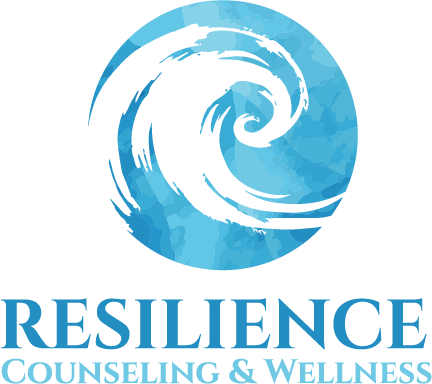Mental health is not a linear journey—there are ebbs and flows, challenges, and triumphs. While therapy can be a transformative tool, it’s natural to take breaks from it, whether due to scheduling conflicts, financial considerations, or simply feeling like you’ve reached a better place. But what happens when life’s pressures start mounting again? How do you know when it’s time to seek extra support?
In this post, we’ll explore key signs that it might be time to return to therapy, how to navigate reaching out, and what other resources can provide assistance along the way.
Recognizing the Signs That You Might Need Extra Support
Life is unpredictable, and stressors can build over time without us realizing the toll they take. Here are some common indicators that extra mental health support might be needed:
- Heightened Feelings of Overwhelm: If everyday tasks begin to feel insurmountable or you’re constantly feeling drained, it may signal a need for support.
- Unresolved Emotions: Persistent sadness, anger, or anxiety that doesn’t seem to fade might indicate underlying issues that therapy can help address.
- Changes in Sleep or Appetite: Difficulty falling asleep, oversleeping, or changes in your eating habits can sometimes be connected to mental health struggles.
- Withdrawal from Relationships or Activities: Avoiding social interactions or losing interest in hobbies may point to mental health challenges.
- Recurrence of Old Symptoms: If symptoms you once worked through in therapy—like panic attacks, obsessive thoughts, or depressive episodes—resurface, it’s worth revisiting your support system.
When to Reach Out
If these signs resonate with you, remember that seeking help is a courageous and proactive step toward wellness. It might feel daunting if you haven’t been to therapy in a while, but reaching out sooner rather than later can provide relief before symptoms escalate. Here are some pointers on when to act:
pointers on when to act:
- If you notice several of the signs above lasting more than two weeks.
- If you feel your ability to function day-to-day is significantly impacted.
- If you’ve experienced a significant life event, such as a loss, a change in relationship, or new responsibilities, that you’re struggling to process.
How to Reconnect with Your Therapist
Reaching out to your therapist after a break might feel intimidating, but it’s likely they’ve encountered this situation before and will be more than happy to see you. Here’s how to approach it:
- Reflect on Your Needs: Before making contact, think about why you’re considering therapy again and what you’d like to work on. This can help guide your sessions.
- Be Honest: When reaching out, let your therapist know you’ve been away from therapy for a while and describe what’s been happening in your life.
- Ask About Availability: Therapists often have busy schedules, so inquire about their current openings and book an appointment as soon as possible.
Exploring Alternative Resources
If reconnecting with your therapist right away isn’t an option, consider these options:
- Support Groups: Local or virtual support groups provide a sense of community and shared understanding.
- Hotlines and Crisis Centers: In moments of distress, reaching out to a crisis hotline can offer immediate support and guidance.
A Final Word
Navigating mental health is a journey, not a destination, and taking the step to seek extra support is an act of self-care and empowerment. If you’ve noticed signs that you might need help, reaching out to your therapist can set you on a path toward feeling better equipped to handle life’s ups and downs.
You’ve got this—and support is always within reach. Never hesitate to take that next step toward wellness.

